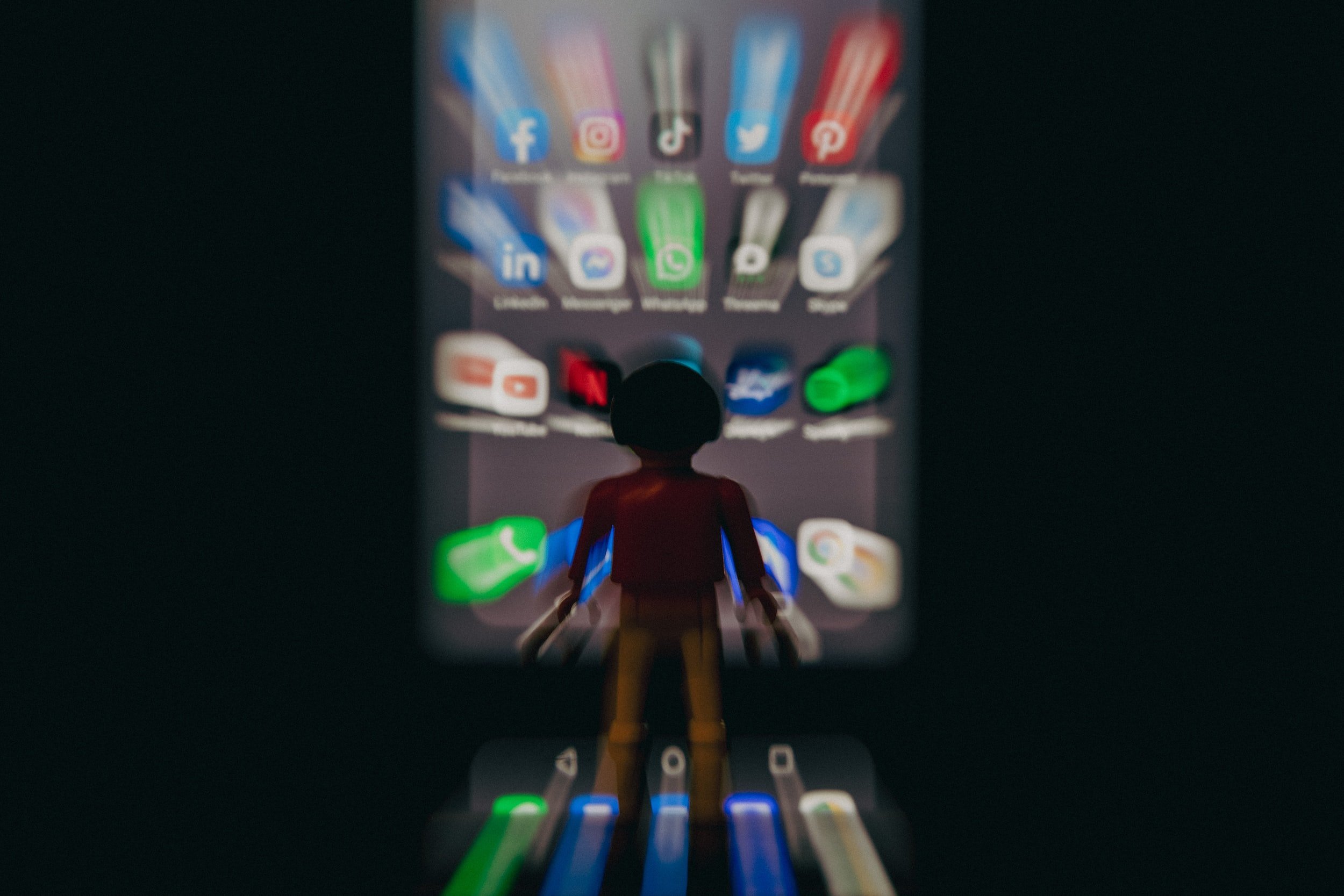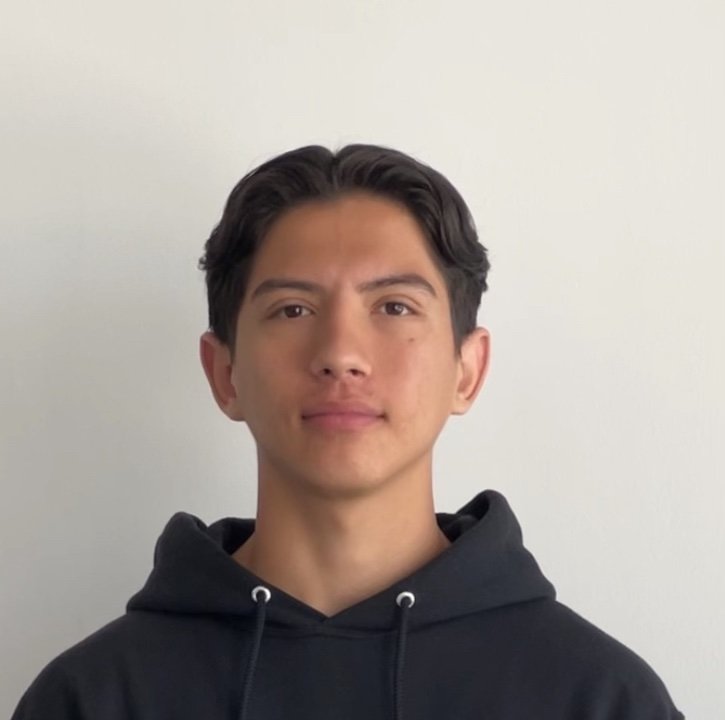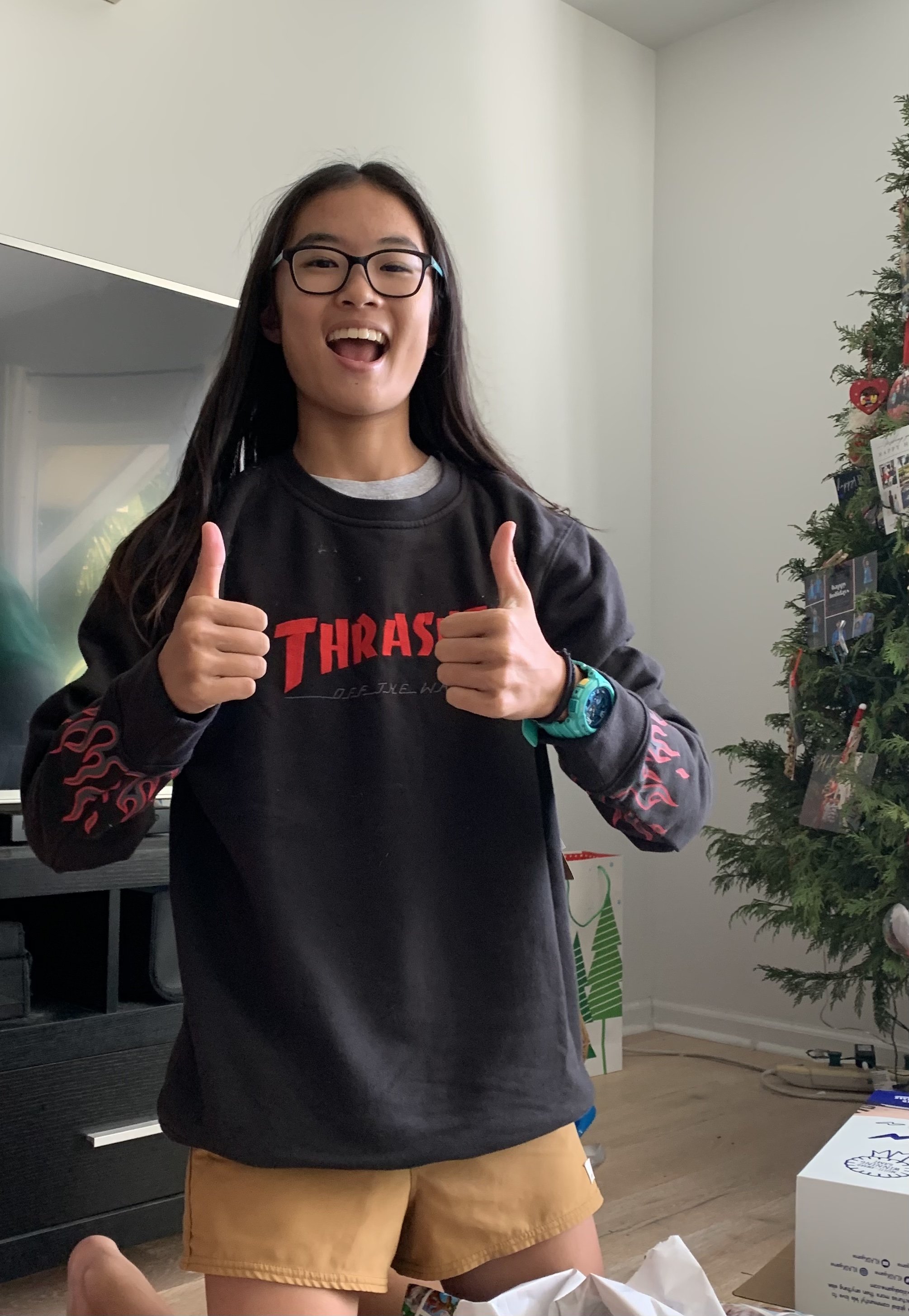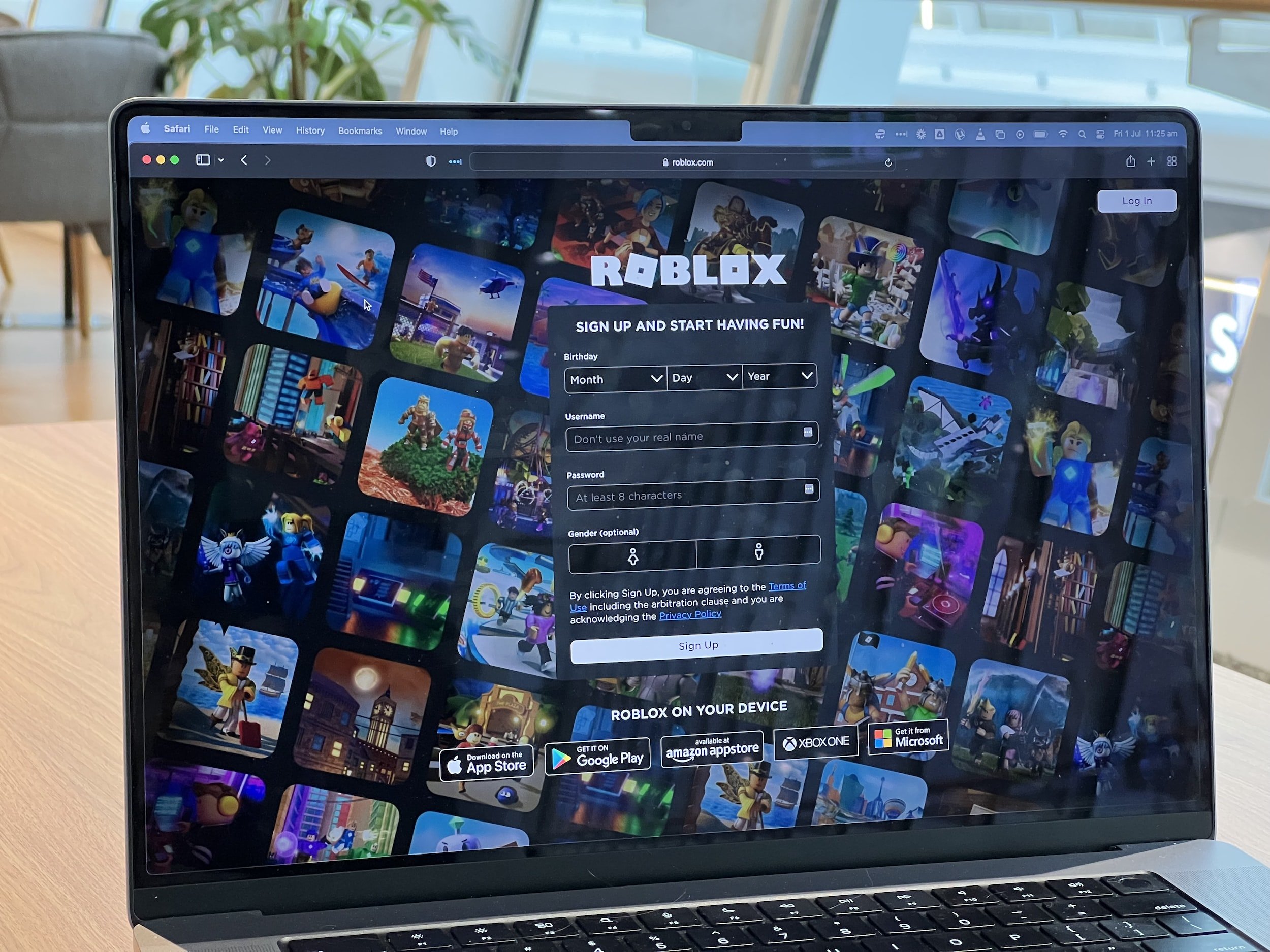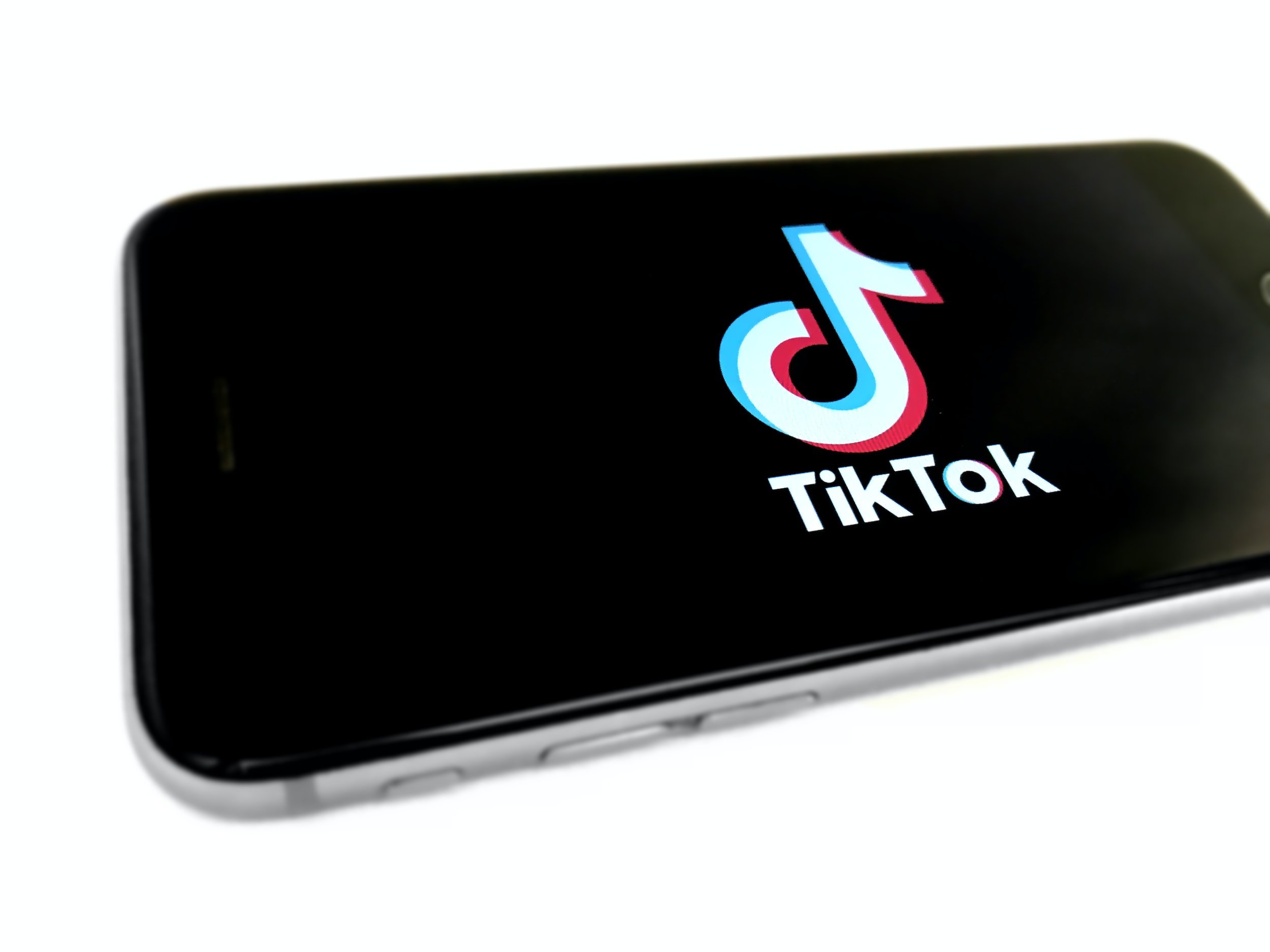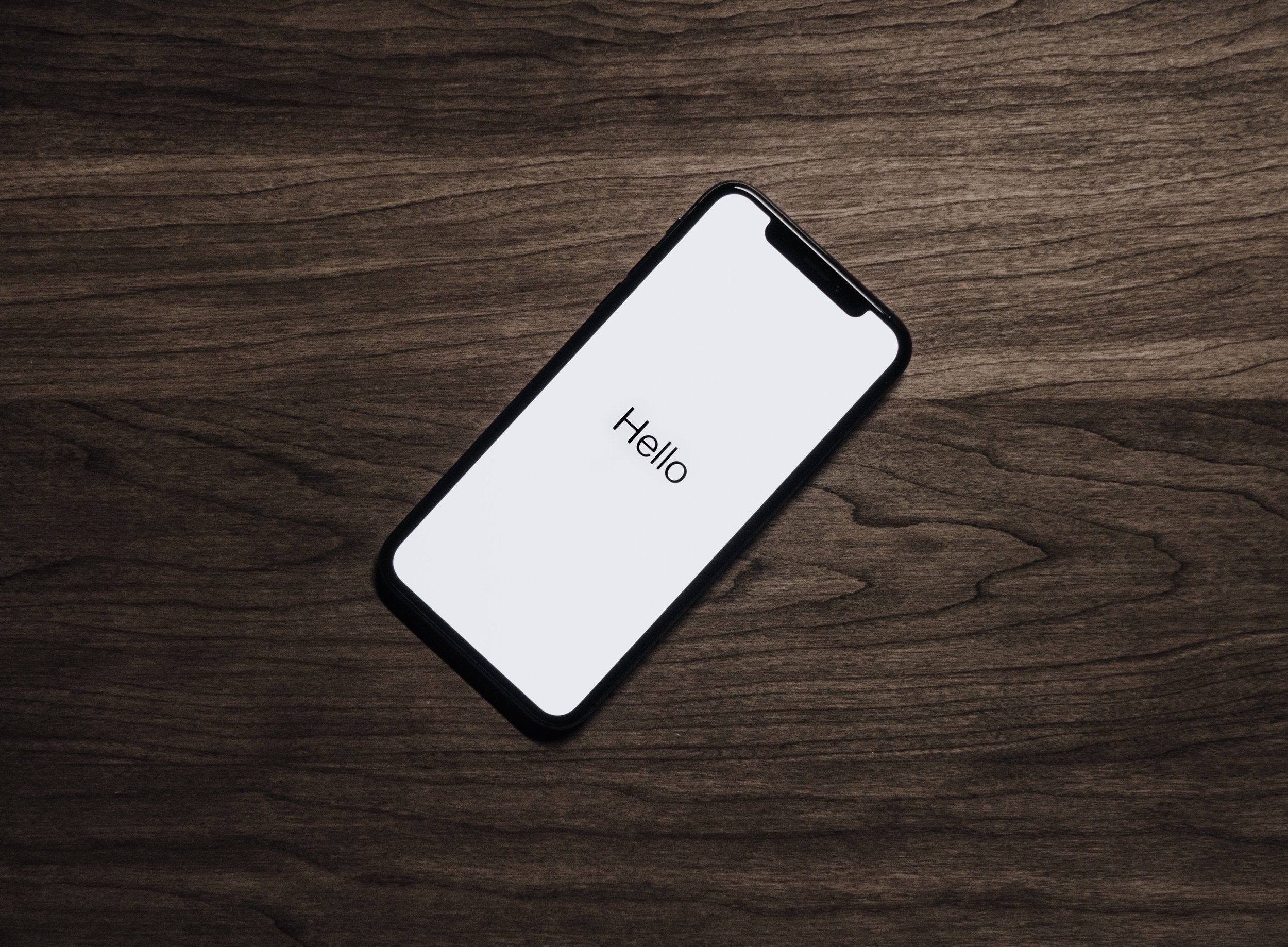
Gen Z and Gen Alpha Interviews, Winter 2023
In the Winter of 2023, approaching the three year anniversary of the COVID-19 pandemic, students enrolled in Psych 167 at UCLA conducted interviews with children and adolescents about their media habits and how they have shifted over time.
In Winter 2023, our annual series of Gen Z and Gen Alpha interviews showed trends of the joint positive and negative effects of social media and its increasing role in our lives. The interviews suggest it has improved communication between family and friends, advanced access to important information, and acted as a general form of entertainment, especially during the isolating period of the COVID-19 pandemic.
“If this pandemic happened 30 years ago I think people would have gone crazy as they wouldn’t have any way to interact with others. Social media and tech allowed us to interact with others in safe ways during the pandemic.”
Members of Gen Z and Gen Alpha find common ground in the globalizing effect of the Internet. Tweens like Ani, 11, love apps like Toca Boca and Snapchat. Young adults like Jessica, 20, spend most of their time on Instagram or TikTok, meeting new people and coming across educational opportunities, such as unique programs to support her in school and her career. All the apps make new content available with a simple, endless scroll, but this convenient form of media can also lead to lots of misinformation about important topics like the COVID-19 pandemic.
This consequently breeds a demand in media users of all ages for more honest and transparent content. Amidst all the confusion and incorrect information being shared and encountered, there is a push for creators and platforms to be more aware of what they are producing and promoting.
“I would love content creators to know they have a bigger impact on the people that follow them and view their content than they realize. They can say something and hundreds of people will take it to heart, so they have to be really careful.”
Many students use social media as a way to stay in the know about the constantly changing pop culture and trends, which can build a dependency on phones and apps. It highlights the importance of expecting content creators to understand the impact they have on the lives of others, particularly when setting false expectations about fame, wealth, and success. It’s important to show the good and bad sides of being human, not just curate a version of oneself to show to others. Our perceptions of the way we look and act are directly impacted by the media we are consuming and many students remark on how easy it is to form negative comparisons to others when media provides so much access to see and judge someone else’s existence and life.
“My least favorite thing about media is any negative posts and comparing myself to other people.”
“My least favorite thing is that sometimes it becomes a very judgmental place. It’s hard to see pictures of people with plastic surgery and photoshopped pictures and still feel good about myself. But I try my best to remember that people don’t show their worst moments on social media, just the curated versions of themselves and their lives.”
Safety is also an issue that has been raised, with children recognizing the consistency with which they interact with strangers on the Internet. There is pressure for creators and platforms to better regulate content and filter out dangerous or harmful users and posts, especially for young people. Younger generations more in tune with advancing technology are also concerned about what happens to the data that apps collect about users, calling for a balance between safety, privacy, and freedom.
“My favorite thing about media is all the people you can meet through games like Roblox. I think the bad thing is also all the people you can meet because sometimes people can be rude.”
“If I was a parent, I would teach them the dangers and hope they apply them as they navigate the digital world.”
Amidst all of this, there are still positive aspects of social media. During the pandemic, these platforms allowed friends and family to remain connected and find solace in one another. Technology allowed children and adults alike to get their minds off situations they couldn’t quite grasp by offering feel-good entertainment. Positive social media content also reminded us to be more considerate and default to kindness.
Media serves a prominent role in our all of our lives. While older generations use Facebook and group chats to stay connected, younger generations are using increasingly personalized apps to meet new people and learn more about themselves through engaging content. As new platforms emerge and more and more content is produced, young people in particular understand the need for balance amidst an exciting, yet daunting landscape.
“My favorite aspect about media is the possibility of discovering something new that I like and seeing if I can add it to my day-to-day life.”
“I have learned that using technology in moderation is important and balancing that by doing things outside of technology is important.”
Written by Mireille Karadanaian, CSS Intern
Click on the pictures below to read the full interviews
Edited and Published by Annie Meyers

